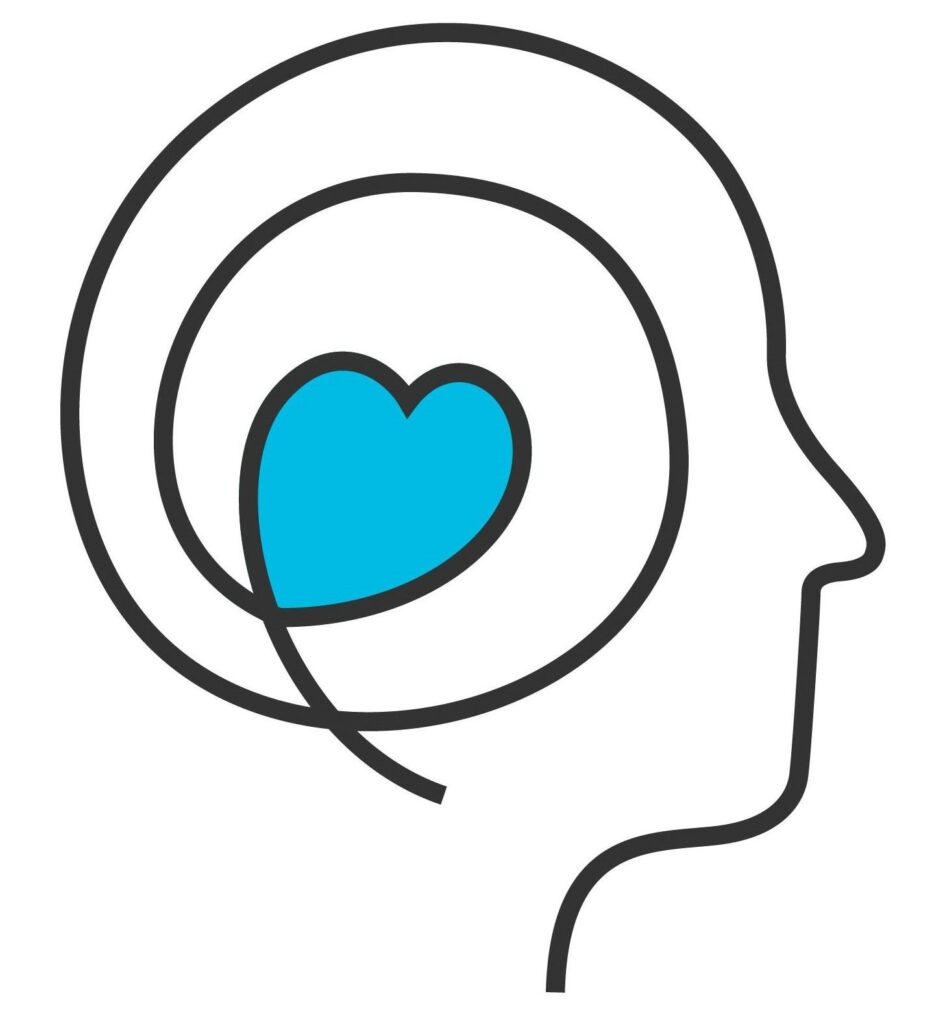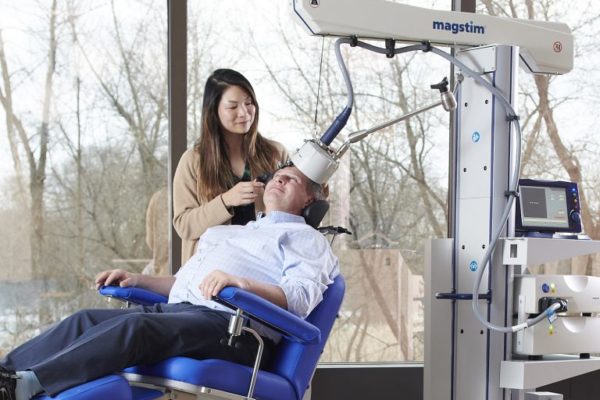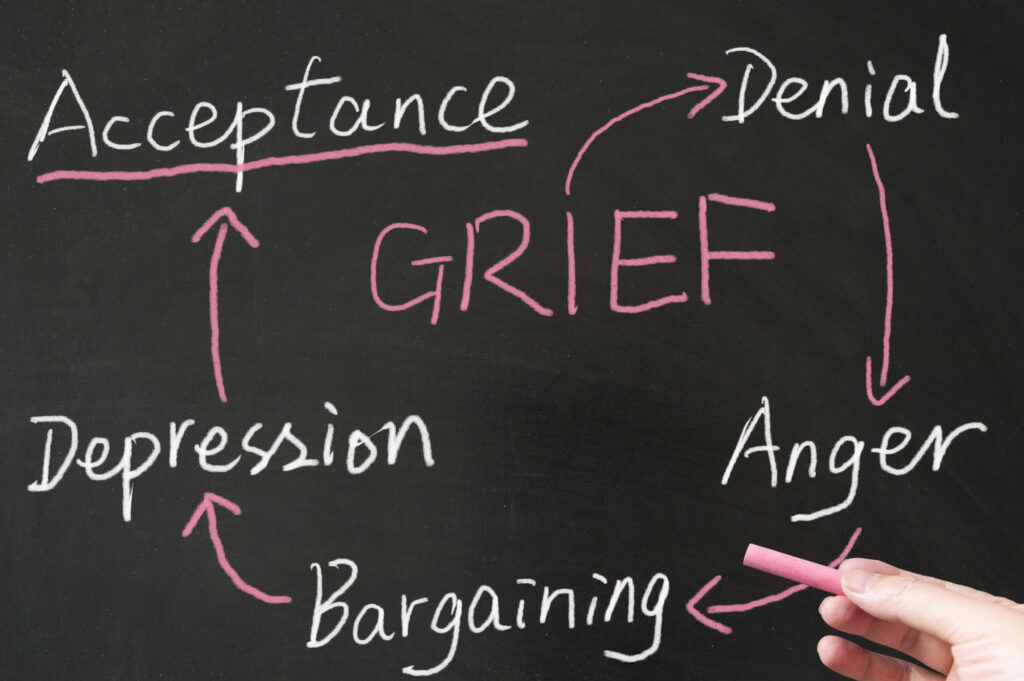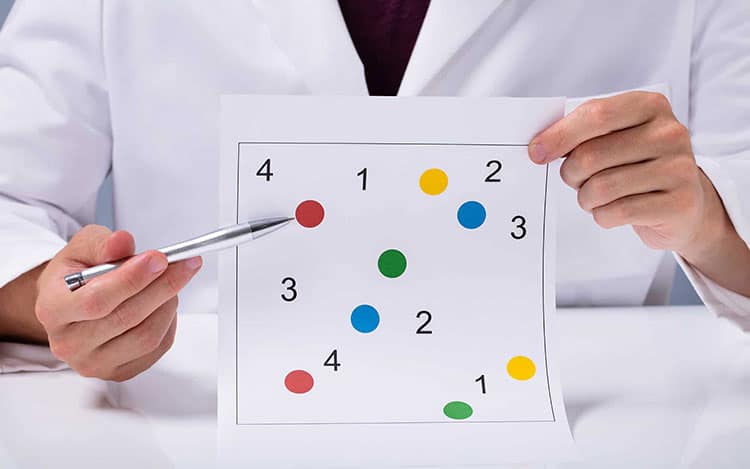Why Psychotherapy is Crucial When Taking Psychiatric Medications – Carolina Psychiatry
Mental health conditions such as depression, anxiety, bipolar disorder, and schizophrenia often require a multifaceted treatment approach. While psychiatric medications can play a critical role in managing symptoms, psychotherapy remains an essential component of long-term recovery and well-being. This article explores the importance of integrating psychotherapy with psychiatric medications for optimal mental health outcomes.
1. Medications Manage Symptoms, But Not the Root Cause
Psychiatric medications are designed to alleviate symptoms by balancing brain chemistry. Antidepressants, mood stabilizers, antipsychotics, and anti-anxiety drugs can be life-changing. However, they often do not address the underlying emotional, behavioral, or cognitive issues that contribute to mental illness.
Psychotherapy helps patients explore these root causes, making it an essential partner to pharmacological treatment.
2. Improved Medication Adherence Through Psychotherapy
One of the major challenges in psychiatric care is medication non-compliance. Patients may stop taking their medications due to side effects, misunderstanding of their illness, or a lack of insight.
Therapy provides psychoeducation, emotional support, and a space to process concerns, which significantly improves medication adherence and treatment continuity.
3. Psychotherapy Enhances Coping Skills and Resilience
While medications stabilize symptoms, therapy equips patients with tools to handle stress, triggers, and interpersonal difficulties. Cognitive Behavioral Therapy (CBT), Dialectical Behavior Therapy (DBT), and other modalities are especially effective in helping individuals manage their condition beyond just symptom control.
4. A Holistic and Individualized Approach to Mental Health
Every individual responds differently to treatment. Combining psychotherapy and medication allows for a more personalized treatment plan, catering to both biological and psychological needs. This integrative approach improves quality of life and long-term outcomes.
5. Reduced Risk of Relapse
Studies have shown that patients receiving both medication and therapy have lower relapse rates compared to those receiving medication alone. Therapeutic interventions help individuals recognize early warning signs, manage life changes, and stay on track with their treatment.
6. Psychotherapy Provides a Safe Space for Healing
For many, mental illness is tied to trauma, grief, or complex life experiences. Medications may dull the symptoms, but therapy offers a safe, confidential environment to explore and heal from past wounds—something medication alone cannot provide.
Conclusion: Medication and Therapy Work Best Together
Relying solely on psychiatric medications is like treating only one side of a complex equation. For sustainable healing, the integration of psychotherapy with psychiatric medications is not just beneficial—it’s essential.
If you or a loved one is undergoing psychiatric treatment, consider the added value that therapy can bring. Talk therapy combined with medications leads to deeper healing, improved functioning, and a more fulfilling life.
Call to Action
Looking for an integrative mental health approach? Contact Carolina Psychiatry today to learn how therapy and medication can work together for your well-being.







